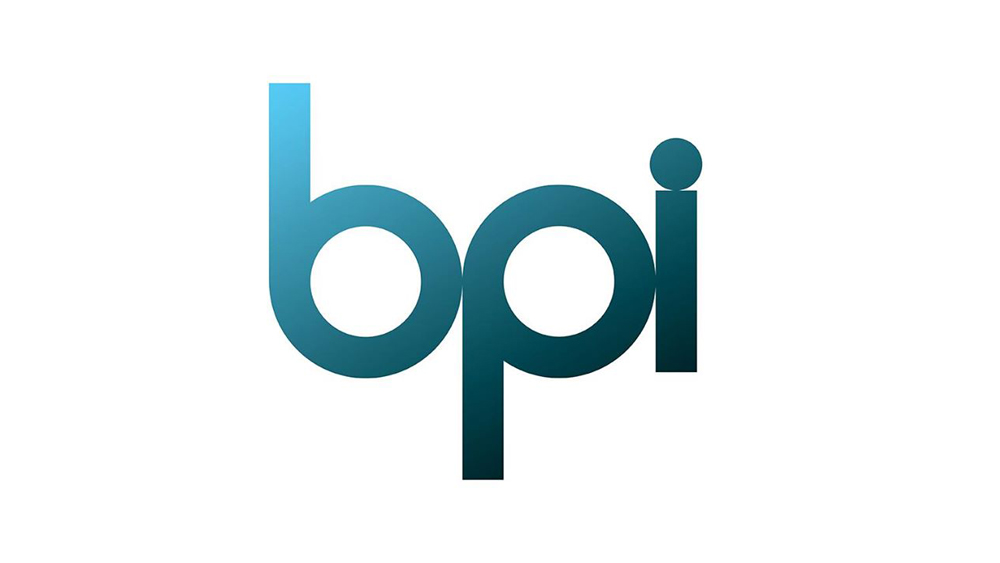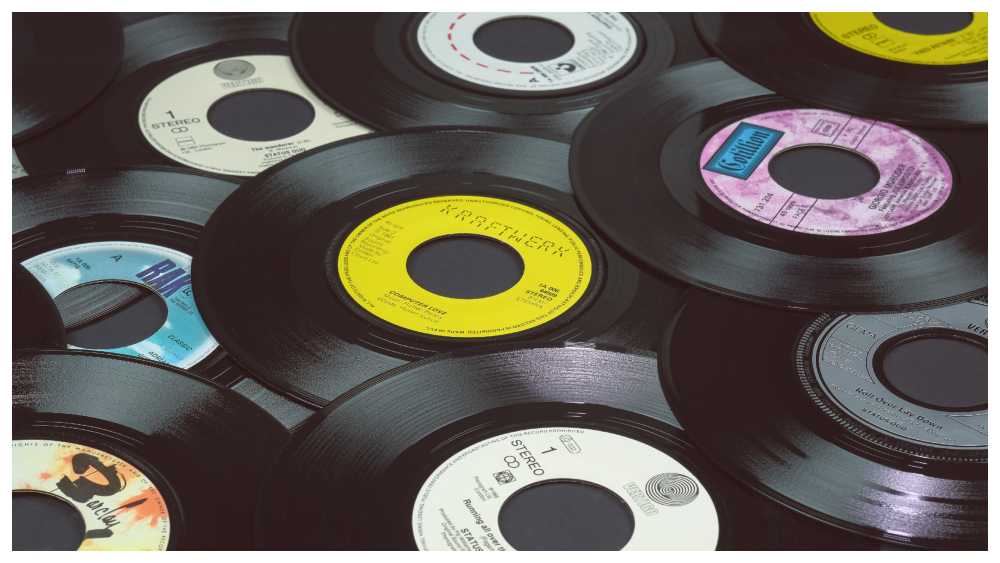Almost 90 percent of streaming subscribers look for the words of a song, according to a new consumer report which shows how lyric features have taken centre stage in streaming.
MIDiA Research’s recent survey, which reached out to consumers in the UK, US and Germany, found that 79 percent of all music streamers use lyrics features, rising to 88 percent among subscribers. The study also found that 55 percent of streaming lyric users say they are more likely to pay for a service that ‘has great lyrics features’.
Jackie Alway, Chair of the MPA Board and Universal Music Publishing’s Senior Vice President of International, Legal and Industry Affairs, told M that the study helps to shine a light on consumers’ growing respect for songwriters on platforms where they may previously have been ‘overlooked’.
‘It’s more evidence to show how much the public wants to engage with the song, and that access to lyrics will influence the choice of streaming service and how long a subscriber will stay with that service,’ she added.
Lyric licences are in increasing demand from streaming platforms, following pressure from publishers to get them to understand the value of lyrics in relation to consumer behaviour.
Alway added: ‘Publishers are always on the lookout for potential new revenue streams for the songwriters we represent. Happily, lyric usage in streaming is now very much part of our business and with the scale introduced by smart speakers, we expect usage to accelerate dramatically.’
MIDiA Research’s recent survey, which reached out to consumers in the UK, US and Germany, found that 79 percent of all music streamers use lyrics features, rising to 88 percent among subscribers. The study also found that 55 percent of streaming lyric users say they are more likely to pay for a service that ‘has great lyrics features’.
Jackie Alway, Chair of the MPA Board and Universal Music Publishing’s Senior Vice President of International, Legal and Industry Affairs, told M that the study helps to shine a light on consumers’ growing respect for songwriters on platforms where they may previously have been ‘overlooked’.
‘It’s more evidence to show how much the public wants to engage with the song, and that access to lyrics will influence the choice of streaming service and how long a subscriber will stay with that service,’ she added.
Lyric licences are in increasing demand from streaming platforms, following pressure from publishers to get them to understand the value of lyrics in relation to consumer behaviour.
Alway added: ‘Publishers are always on the lookout for potential new revenue streams for the songwriters we represent. Happily, lyric usage in streaming is now very much part of our business and with the scale introduced by smart speakers, we expect usage to accelerate dramatically.’

Over the past few years, digital streaming services have increasingly responded to the demand for lyrics by integrating new features into their platforms. Spotify once had its own lyrics feature through the crowd-sourced lyrics catalogue Musixmatch, but has since ended that partnership. It now encourages users to download and connect the SoundHound app to access live lyrics.
In 2014, Deezer became the first global music streaming service to introduce synchronised lyric streaming, allowing listeners to see the words of tracks in real time. It sources its content from Lyricfind, a service providing licensed lyrics from over 4,000 music publishers including Universal Music Publishing, Sony ATV, Warner/Chappell and Peermusic. The platform also credits the writers of each song, visible at the bottom of each lyric page.
‘It is key that our offering remains both relevant and engaging, and that we continuously add value,’ explains Chris Baughen, Vice President of Content and Productions at Deezer. ‘Part of this was recognising that lyrics form a key part of a music fan’s overall listening experience. Usage of the lyric service has increased by 49 percent since 2017, highlighting the growing appeal and demand for such a feature.’
However, not all lyrics services are created equal. In his capacity as Peermusic Managing Director and European President, Nigel Elderton, who is also PRS Chairman, has been lobbying for lyrics sites to become properly licensed for some time. The publisher subsequently signed deals with Apple Music and YouTube’s ‘bouncing balls’ lyrics services.
He acknowledged the possibilities of this new licensing avenue, telling M: ‘It’s an important area of business for publishers and songwriters as it’s an income stream that doesn’t rely on the artist. Also, audiences can build closer relationships to the songs, engage on streaming platforms and then sing along at gigs.’
In 2014, Deezer became the first global music streaming service to introduce synchronised lyric streaming, allowing listeners to see the words of tracks in real time. It sources its content from Lyricfind, a service providing licensed lyrics from over 4,000 music publishers including Universal Music Publishing, Sony ATV, Warner/Chappell and Peermusic. The platform also credits the writers of each song, visible at the bottom of each lyric page.
‘It is key that our offering remains both relevant and engaging, and that we continuously add value,’ explains Chris Baughen, Vice President of Content and Productions at Deezer. ‘Part of this was recognising that lyrics form a key part of a music fan’s overall listening experience. Usage of the lyric service has increased by 49 percent since 2017, highlighting the growing appeal and demand for such a feature.’
However, not all lyrics services are created equal. In his capacity as Peermusic Managing Director and European President, Nigel Elderton, who is also PRS Chairman, has been lobbying for lyrics sites to become properly licensed for some time. The publisher subsequently signed deals with Apple Music and YouTube’s ‘bouncing balls’ lyrics services.
He acknowledged the possibilities of this new licensing avenue, telling M: ‘It’s an important area of business for publishers and songwriters as it’s an income stream that doesn’t rely on the artist. Also, audiences can build closer relationships to the songs, engage on streaming platforms and then sing along at gigs.’

Crispin Hunt, who is both Chairman of British Academy of Songwriters, Composers and Authors (BASCA) and a songwriter and producer, added: ‘The exciting aspect of the MIDiA study, from a BASCA perspective, is that lyrics are proven to add significant value to platforms with good lyric features.
‘Further, these features encourage loyalty to the service. The next step is to quantify that added value and to argue that songwriters should share fairly in that value, and not stop arguing until we win.’
Acknowledging issues with lyrical accuracy, Hunt called for publishers ‘to take responsibility to collect, collate and distribute lyrics from the lyricist to those platforms.’ However, he also said that music creators must see it as their duty to upload lyrics with their works: ‘Songwriters need to start to take responsibility for their own metadata, including lyrics, by adopting widespread use of innovations like Soundways RIN-M plug-in.’
Since MIDiA’s research was published, Spotify has launched a new feature which allows users to view songwriter and producer credits. Users on the desktop app can now right-click on a track and select ‘show credits’ to view performer, songwriter and producer information.
Commenting on the new feature, Annika Goldman, Director of Music Publishing Operations at Spotify, said: ‘The more we share information, the more opportunities we can help create for songwriters. This is just the beginning of making songwriter and producer credits more easily available to Spotify listeners, and we look forward to continually improving that information, in close collaboration with our music industry partners.’
‘Further, these features encourage loyalty to the service. The next step is to quantify that added value and to argue that songwriters should share fairly in that value, and not stop arguing until we win.’
Acknowledging issues with lyrical accuracy, Hunt called for publishers ‘to take responsibility to collect, collate and distribute lyrics from the lyricist to those platforms.’ However, he also said that music creators must see it as their duty to upload lyrics with their works: ‘Songwriters need to start to take responsibility for their own metadata, including lyrics, by adopting widespread use of innovations like Soundways RIN-M plug-in.’
Since MIDiA’s research was published, Spotify has launched a new feature which allows users to view songwriter and producer credits. Users on the desktop app can now right-click on a track and select ‘show credits’ to view performer, songwriter and producer information.
Commenting on the new feature, Annika Goldman, Director of Music Publishing Operations at Spotify, said: ‘The more we share information, the more opportunities we can help create for songwriters. This is just the beginning of making songwriter and producer credits more easily available to Spotify listeners, and we look forward to continually improving that information, in close collaboration with our music industry partners.’





